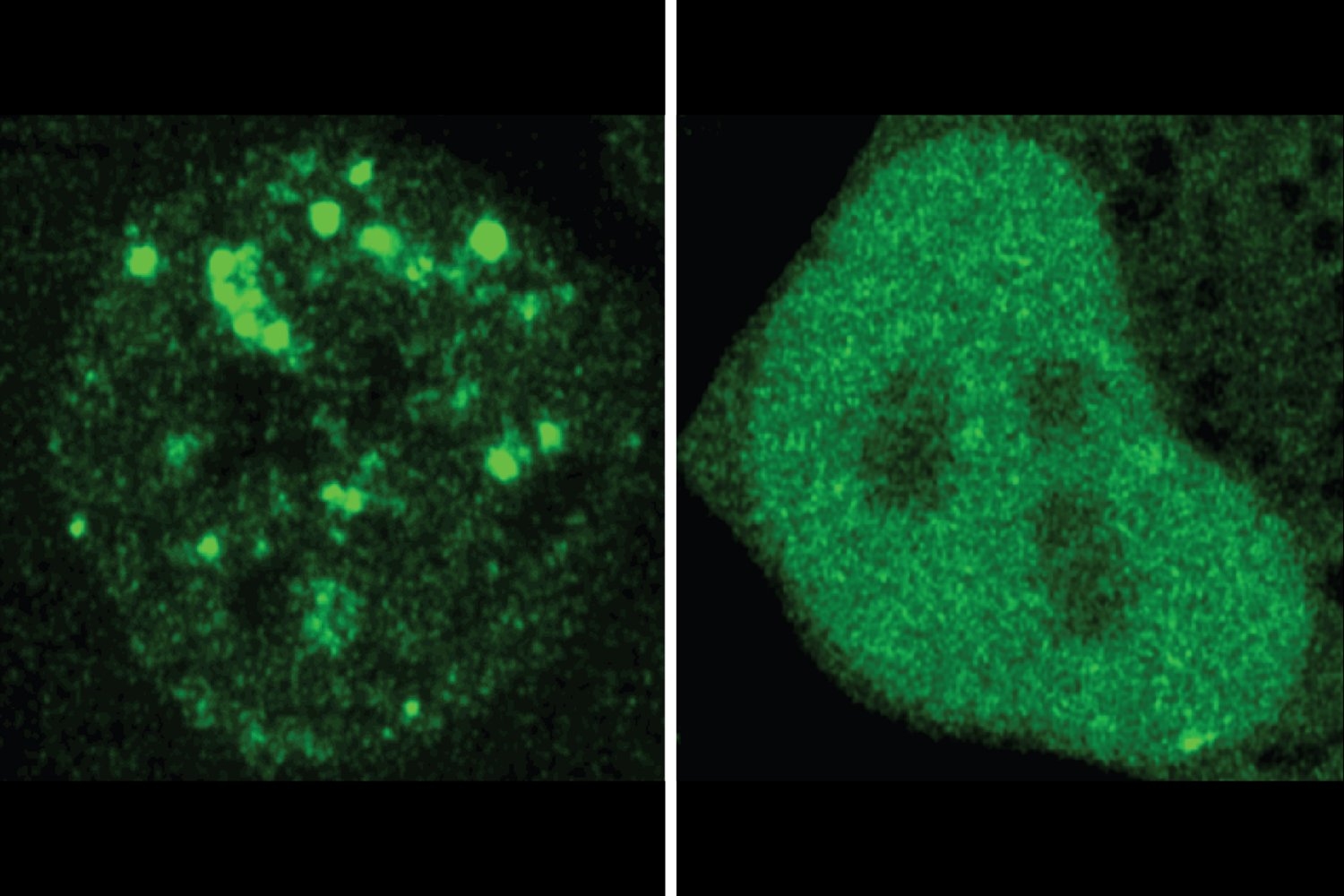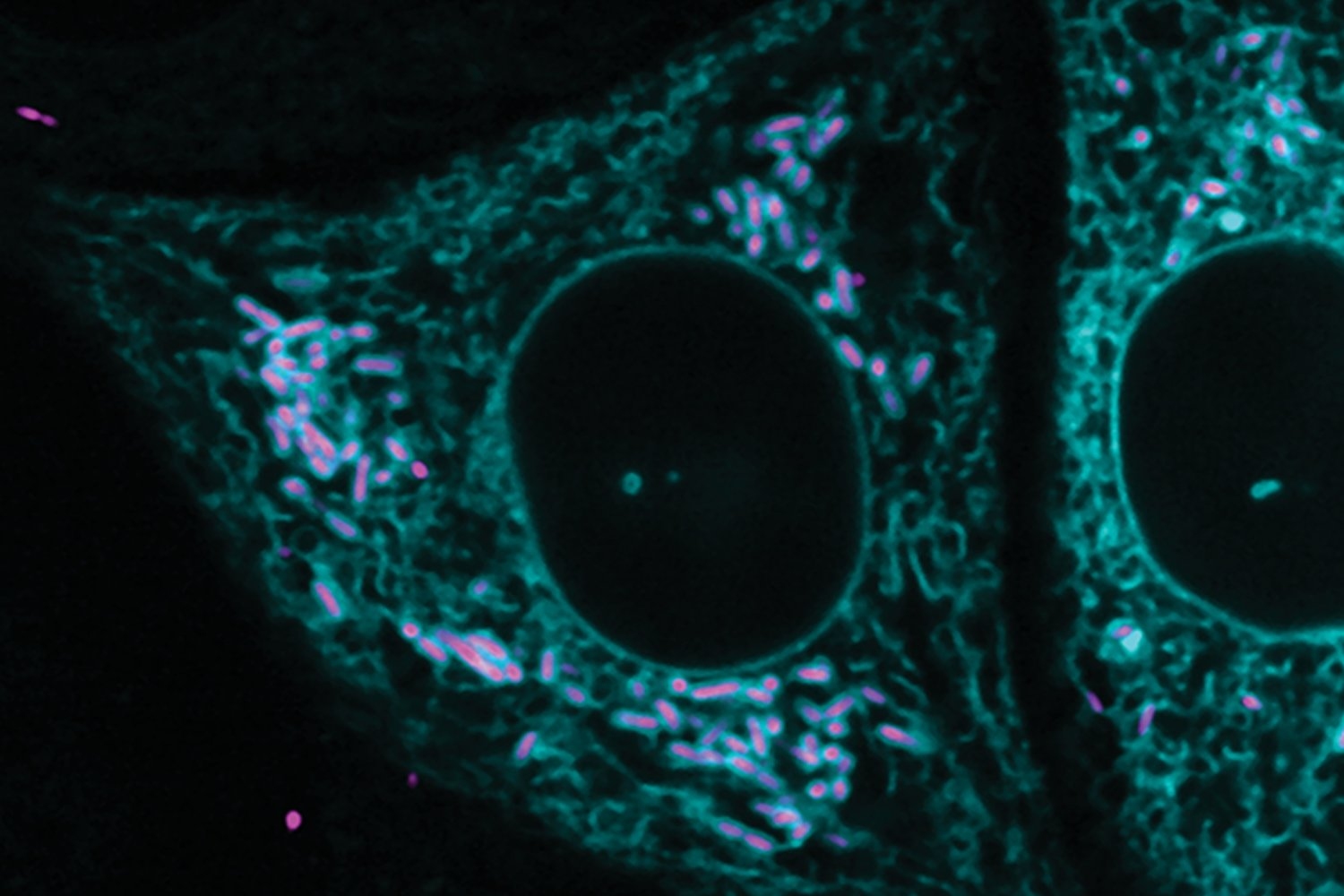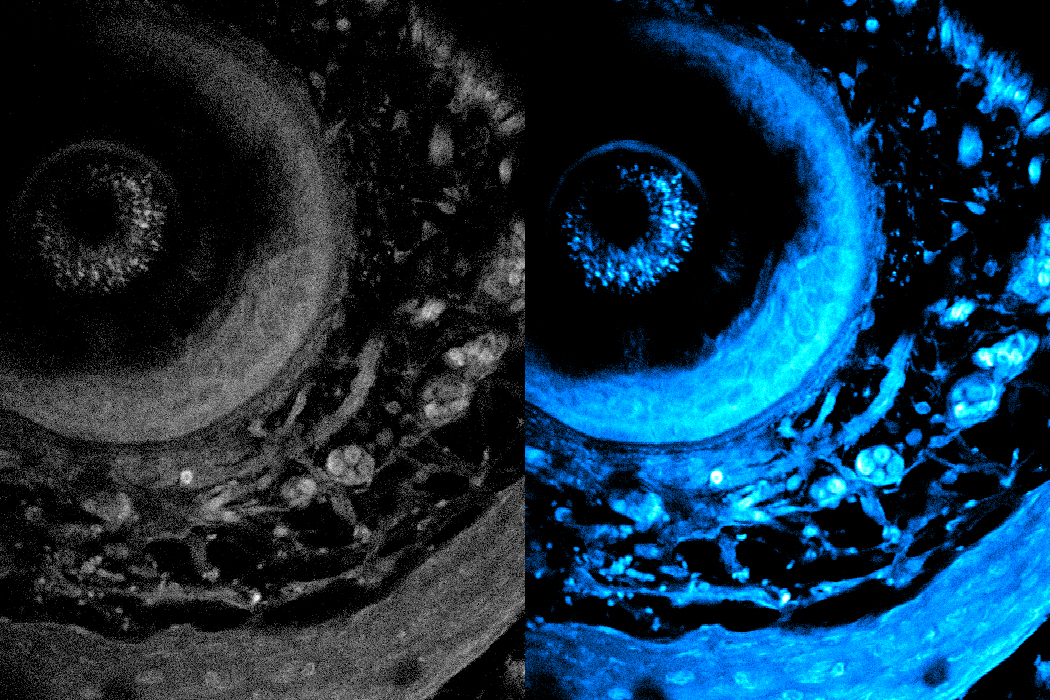AI model deciphers the code in proteins that tells them where to go
Whitehead Institute and CSAIL researchers created a machine-learning model to predict and generate protein localization, with implications for understanding and remedying disease.
Greta Friar | Whitehead Institute •
mit
Feb. 13, 2025 • ~11 min
Feb. 13, 2025 • ~11 min
Kingdoms collide as bacteria and cells form captivating connections
Studying the pathogen R. parkeri, researchers discovered the first evidence of extensive and stable interkingdom contacts between a pathogen and a eukaryotic organelle.
Lillian Eden | Department of Biology •
mit
Jan. 24, 2025 • ~8 min
Jan. 24, 2025 • ~8 min
Cellular traffic congestion in chronic diseases suggests new therapeutic targets
Chronic diseases like diabetes are prevalent, costly, and challenging to treat. A common denominator driving them may be a promising new therapeutic target.
Greta Friar | Whitehead Institute •
mit
Dec. 10, 2024 • ~10 min
Dec. 10, 2024 • ~10 min
/
25










